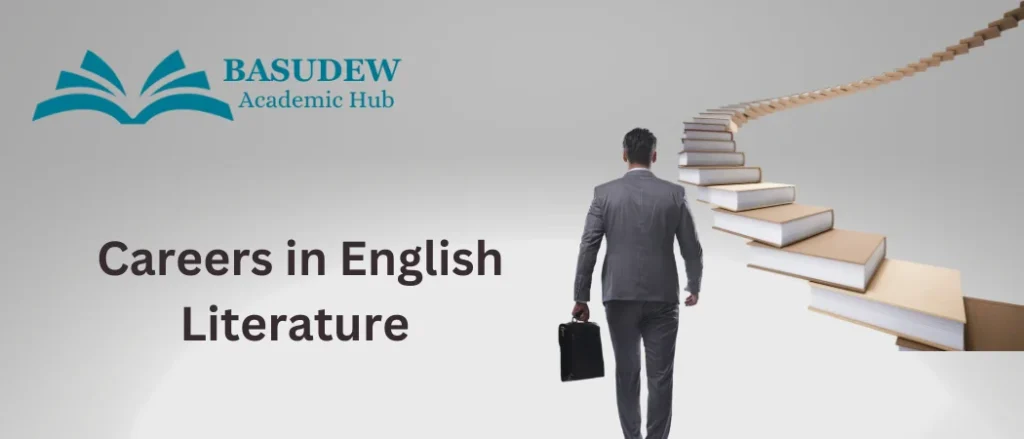Preparing for the National Eligibility Test (NET) in English literature requires a well-structured approach. Here are some effective tips to help you:
1. Know the Syllabus
Check the official syllabus from UGC. It covers:
a. British, Indian, American, and World Literature.
b. Literary theory, criticism, and important terms.
c. Key authors and their famous works.
2. Make a Study Plan
a. Divide the syllabus into sections (like British literature, theory, etc.).
b. Study a little bit each day and stick to your plan.
c. Set aside time for revision each week.
3. Focus on Literary Movements
Understand important periods in literature like:
a. Renaissance (Shakespeare, Marlowe),
b. Romanticism (Wordsworth, Keats),
c. Modernism (T.S. Eliot, James Joyce).
Know the main authors and works from each period.
4. Read Key Texts
Read important works by famous writers (like Shakespeare, Milton, and others). Even summaries can help, but reading the actual texts is better.
5. Study Literary Theories
a. Focus on key literary theories like Feminism, Marxism, and Postmodernism.
b. Learn about critics like Derrida, Foucault, and Edward Said.
6. Practice Past Papers
a. Solve previous exam papers to understand the question style and important topics.
b. This will also help improve your speed and confidence.
7. Make Quick Notes
a. As you study, write down short notes on important topics, authors, and literary terms.
b. Use flashcards to help with quick revision.
8. Use Good Books
Refer to books like:
a. History of English Literature by William J. Long.
b. A Glossary of Literary Terms by M.H. Abrams.
c. Beginning Theory by Peter Barry.
9. Join Study Groups
a. If possible, join an online/offline study group or NET preparation classes.
b. Discussing with others helps to clear doubts and understand things better.
10. Manage Your Time in the Exam
a. During the exam, answer the easy questions first.
b. Don’t spend too much time on difficult questions—move on and come back later.
11. Stay Updated
Keep track of recent literary trends, awards, and new theories.
12. Stay Positive
a. Study regularly, but also take breaks.
b. Practice relaxation techniques like deep breathing to manage stress.
👉A creative offline/online coaching class will help you stay on track and make your preparation easier!





